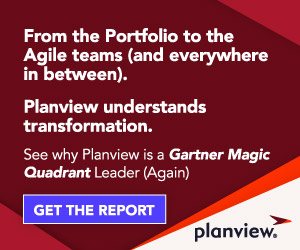4 Types of Agile Projects that Aren’t Software
Agile work practices have become the standard for software development across the world, with over 85% of software development teams using it. In fact, it has become so popular that many other industries have started to look into ways to run Agile projects themselves. With Agile’s focus on improving the flexibility and reaction of teams...

